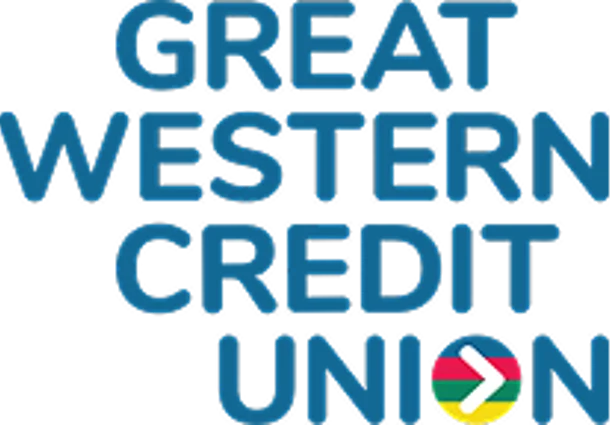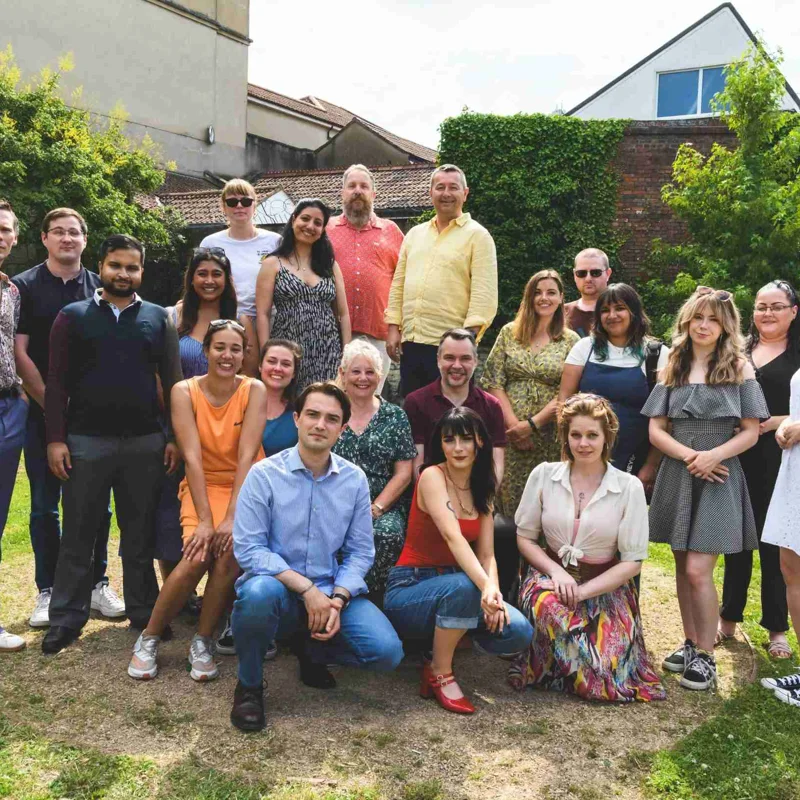
Loans and savings from a credit union that cares
- Finance by the community, for the community
- Sharing profits with members, not banker bonuses
- Loans and savings with co-operative values
- Established in 1999, now the largest local credit union
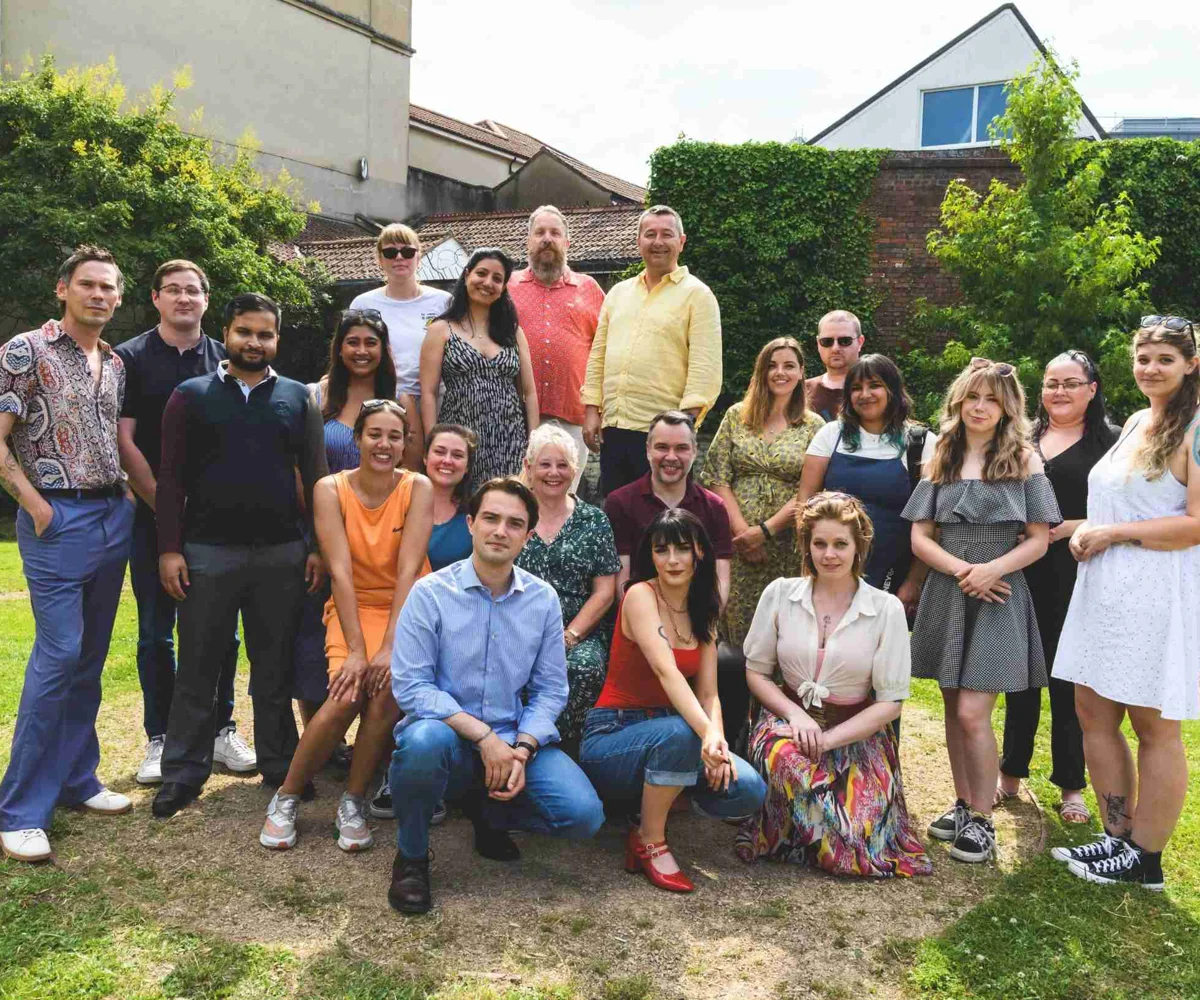
What is a credit union?
More ethical than traditional banks
A credit union is a financial organisation, originally created in the 1850's. Credit unions support a particular group of people to manage their money. The group might belong to a type of job, or a location.
GWCU members all live or work in the South and West counties of England. This includes Bristol, Bath, Gloucestershire, Wiltshire, Somerset, and Dorset.
Because we’re “united” in a credit union, we all help each other. Savers and borrowers create a reserve of money which benefits everyone. Members get fair, competitive interest rates on savings and loans. GWCU reinvests any profits back into the credit union to share with members and the local community.
Who works at GWCU?
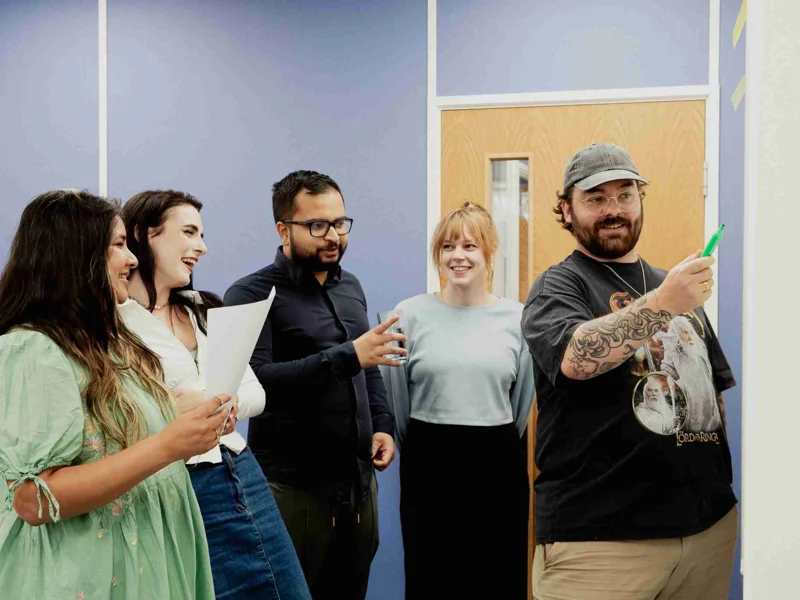
Supporting our members’ financial wellbeing every day.
Operations includes the Member Engagement Team who support our members day-to-day. As well as looking after emails and phone calls, the team is trained to sensitively help members who are struggling to manage their money.
Behind the scenes, the HR Manager makes sure people are looked after. The Credit Risk Manager oversees the processes which mean GWCU lends safely and responsibly.
The operations team are known for being friendly and warm. They’re dedicated to deliver great customer service.
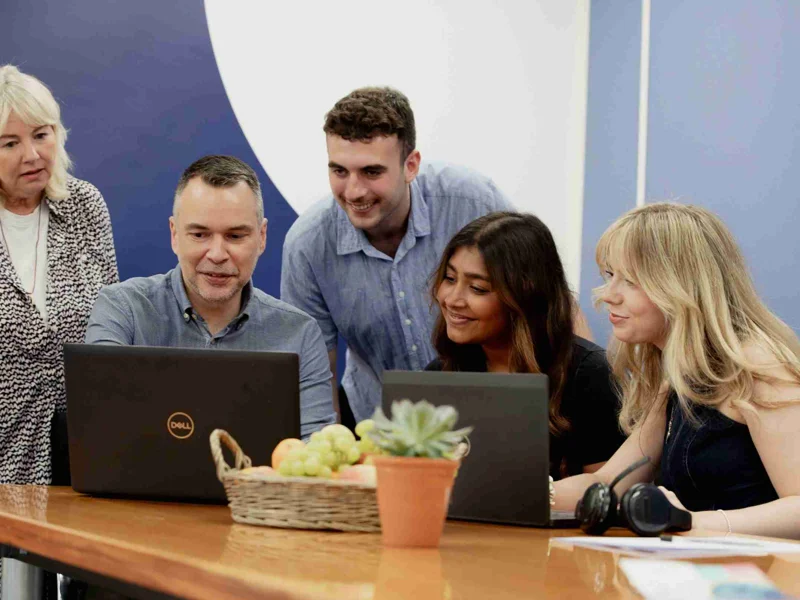
Reaching new members and helping them manage money.
The Growth team leads on marketing and project management to spread the word about GWCU. They manage the website, create newsletters, and keep our social media channels active and engaging.
This team champions our mission: connecting with individuals, local businesses, and communities to raise awareness of how GWCU can support financial wellbeing.
Whether it’s launching a new campaign or improving our member experience, the Growth team is always focused on making a bigger impact.
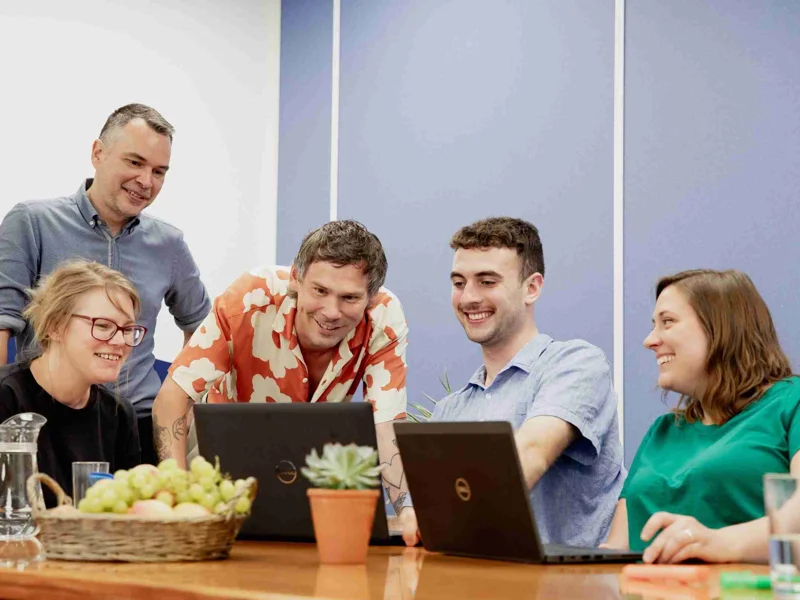
Improving lives through loans and savings.
The Onboarding team guides new members through the first steps of their journey with GWCU. They make sure our loans and savings genuinely improve members’ lives.
When assessing loan applications, they take time to understand each member’s circumstances. If an application can’t be approved right away, the team works with the member to explore other options, always aiming to turn a “no” into a “not yet.”
This team is all about thoughtful decision-making, empathy, and making sure every new member feels supported from day one.
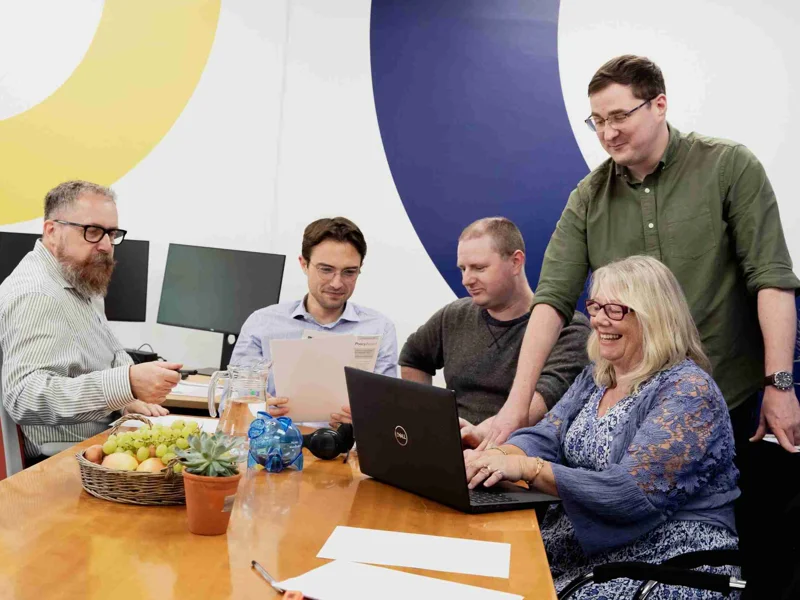
Processing repayments and keeping GWCU financially secure.
The finance team lead on many important tasks for GWCU.
For members, the finance team handles day-to-day payments on loans and salary deduction.
GWCU has financial stability now and in the future thanks to the finance team. This looks like managing budgets, creating reports, assessing risk, and finding ways to be sustainable.
The team also makes sure we meet industry standards by overseeing our business intelligence, audits, and compliance.
Leadership
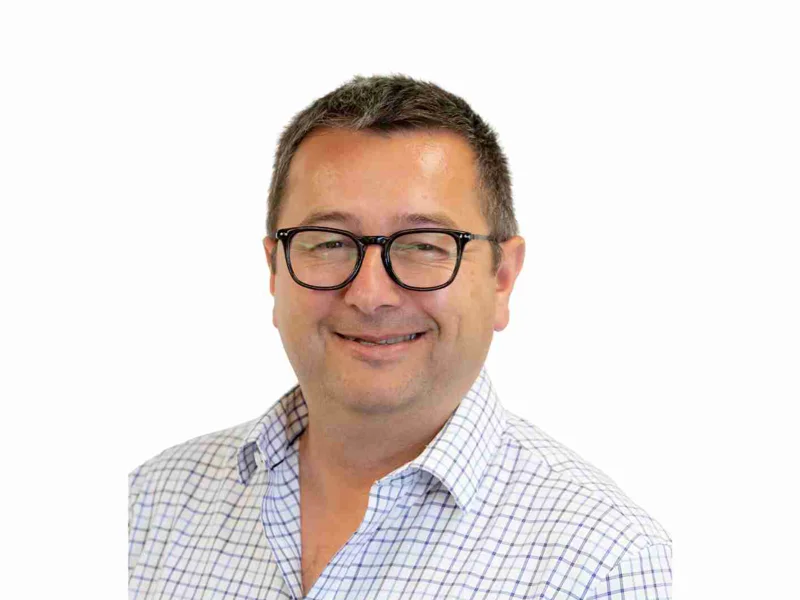
Chief Executive Officer
At the head of the company is CEO James Berry. He’s committed to developing better financial services which help real people.
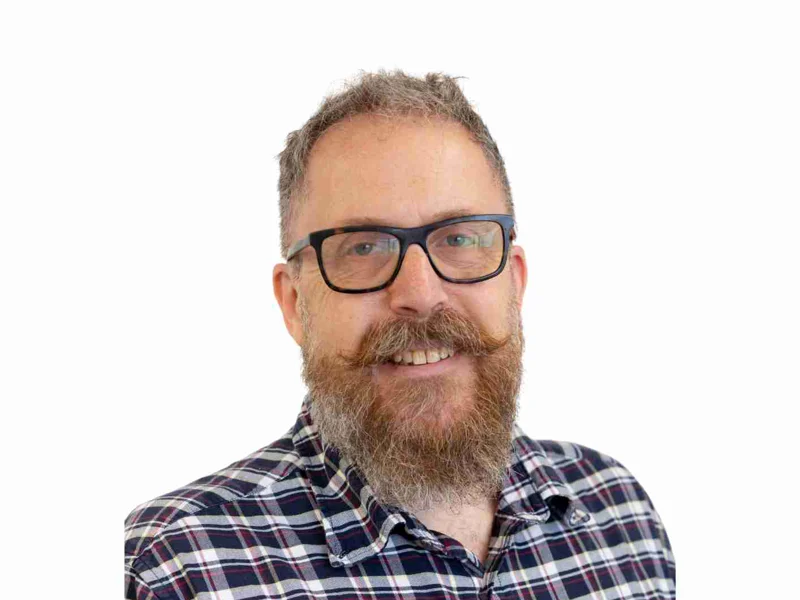
Head of Finance
The Head of Finance is Henry Logan. He uses his extensive experience in finance to make a difference to our members.
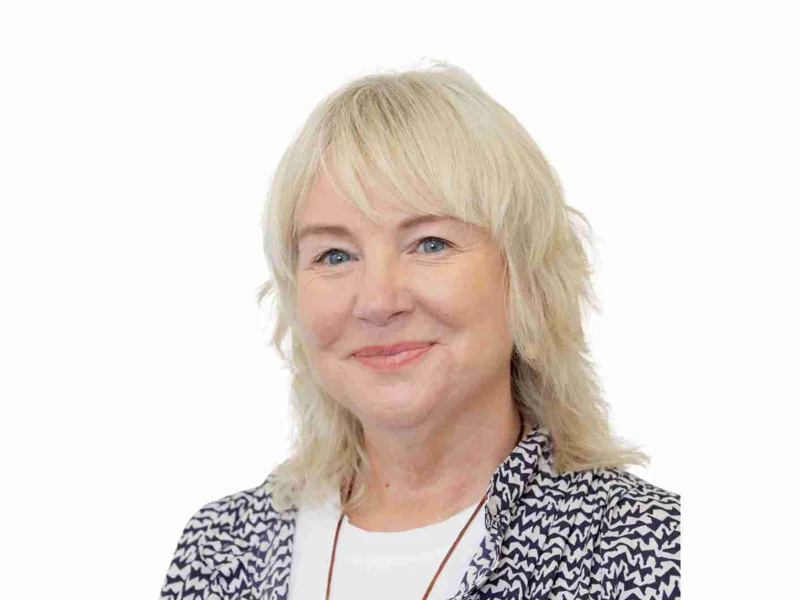
Head of Growth
The Head of Growth is Jacci Marcus. She balances her strong belief in fairness and equality with years of commercial brand building expertise.
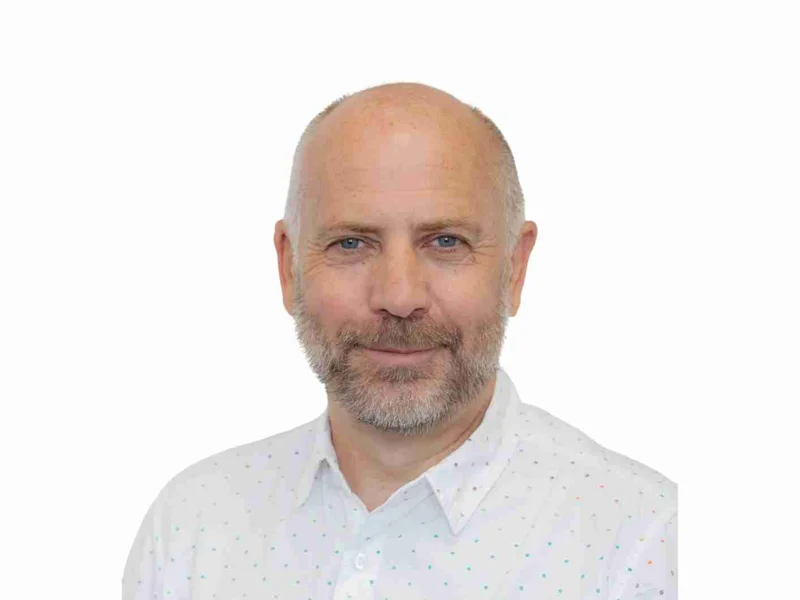
Head of Strategic Delivery
The Head of Strategic Delivery is Colin McDougall. Throughout his career in financial organisations, he has worked to help the underserved and excluded.
Your local credit union
For people, businesses, and communities
For almost 30 years, GWCU has looked after the savings and lent money to local people. Only people who live or work in Bristol, Bath, Gloucestershire, Wiltshire, Somerset, and Dorset can become a GWCU member.
By focusing on one region, one economy, and one group of people GWCU creates real impact. This impact looks like:
-
Lending small- medium loans with great interest rates to local people
-
Offering competitive interest rates on savings accounts, saving as little as £1
-
Supporting borrowers and savers, even if they have struggled with finances before
-
Working with local businesses to give their employees genuinely helpful benefits
-
Providing resources and education to improve our members’ financial wellbeing
Our mission is simple: we’re better off together.
The GWCU board of directors
Skilled volunteers and experts
As well as the leadership team, GWCU is governed by a board of volunteers. They bring industry experience, leadership, and strong values to the role.
Why is there a volunteer board?
Volunteer boards have governed credit unions since they were first established in the mid-1800's. Then, credit unions were called “The People’s Bank”. Ordinary people volunteered their time to run the credit union. They saved and lent money for the benefit of everyone. Since credit unions are not- for- profit, volunteering is an important part of keeping them running.
What does the board do?
The GWCU board have a range of important tasks. These include:
-
meeting regularly
-
representing the wider member body
-
voting on policies
-
making sure the direction of GWCU aligns with the values
-
assessing reports which measure GWCU performance
The volunteers themselves advise GWCU leaders based on their personal career experience and qualifications.
Who can join the board?
Anyone can apply to be a board member. GWCU board members share the same values of improving financial wellbeing for local people. Often they have career experience in financial or community organisations.
Meet the GWCU board
Working together to help our members
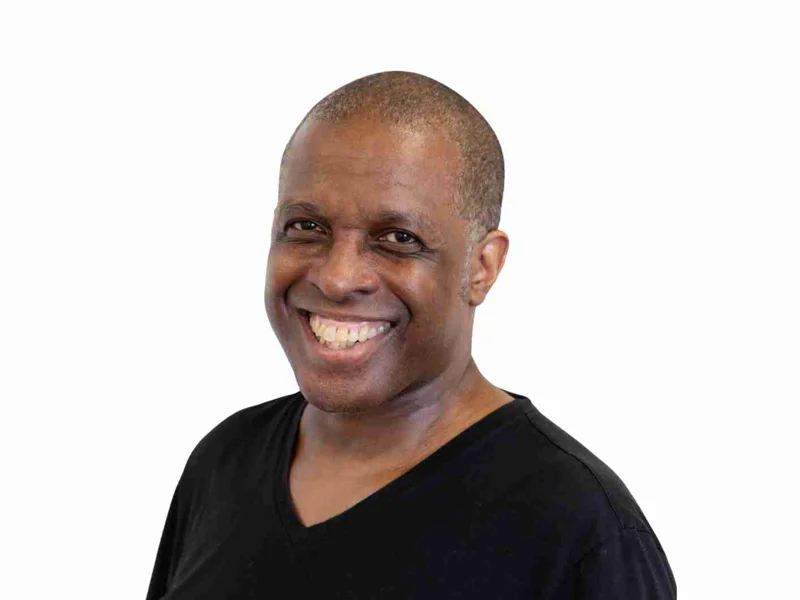
Denis joined the GWCU board in 2019. He is currently a Chartered Fellow of the Chartered Management Institute and a Fellow of the Institute of Leadership.
His career in finance is expansive and impressive. Denis has led large global investment programmes for well- known multinational companies. He brings his leadership and financial expertise to his role as Chair, driving the GWCU mission forward.
Denis’s strong values in social justice prompted him to volunteer for the GWCU board. He is motivated to change society for the better and to promote financial equality. His work focuses on serving disadvantaged members of Bristol communities.
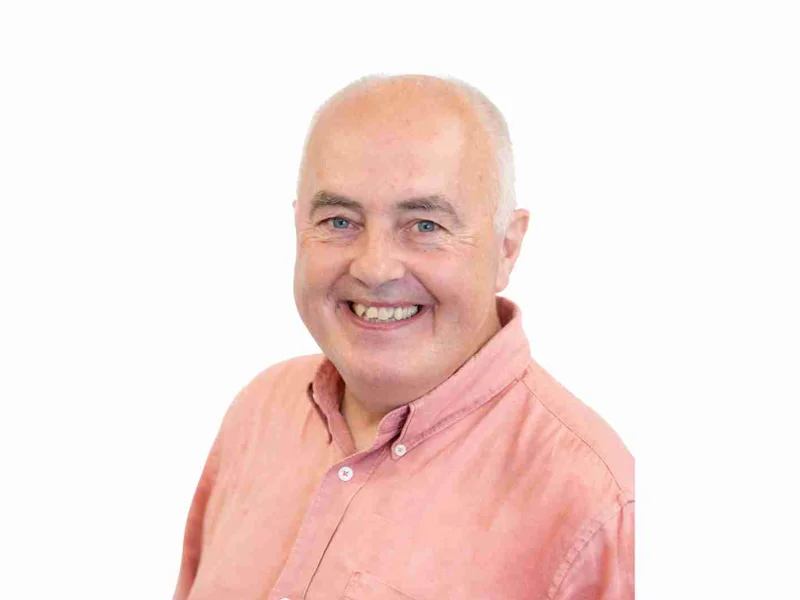
Peter is Secretary to the GWCU board, and he joined in 2021. He is a non- practicing solicitor. Currently, Peter is a member of the College of Experts for The Office for Environmental Protection and an Honorary Professor of Practice at UCL's Centre for Law and the Environment.
His career has focused on law and environment, in multiple roles. He was the lead lawyer for the Environment Agency on a range of corporate governance issues. Peter was Chair of the board of the UK Environmental Law Association, and chair of St. Werburghs City Farm in Bristol.
Peter’s values are rooted in environmental issues and promoting sustainability. In his volunteer work with GWCU, Peter uses his skills and passion to support environmentally- friendly and purpose- driven finance solutions.
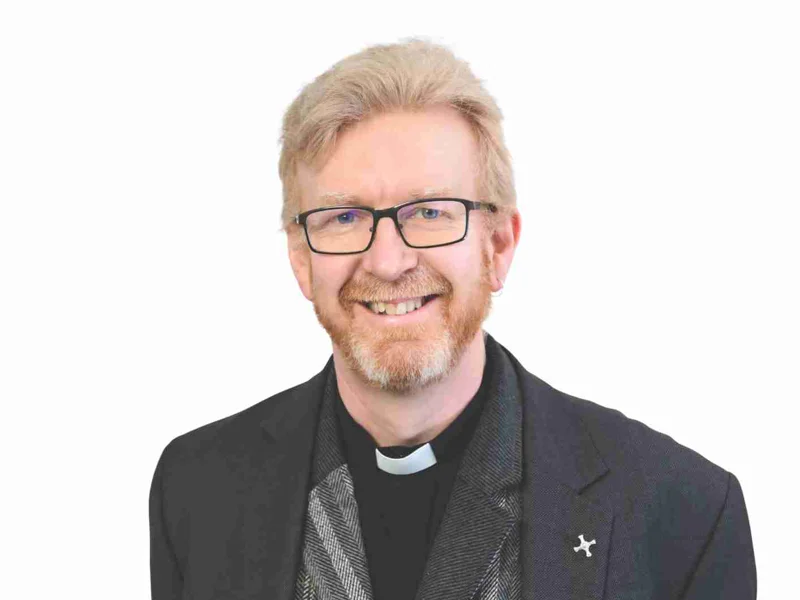
Simon began volunteering with the GWCU board in 2019. He is currently Director of Ministry Development for the Bristol Diocese, previously Priest in Charge at St. Mary Redcliffe.
Alongside his career in theology and serving the church, Peter is a published author of two books, titled ‘How to Read the Bible (without switching off your Brain)’, and ‘Imitation and Scapegoats’. He's an experienced board Trustee and Director, having worked with many different organisations including schools, the Redcliffe Children's Centre, and Derbyshire Community Bank.
Simon’s values are innately linked with his Christian faith.
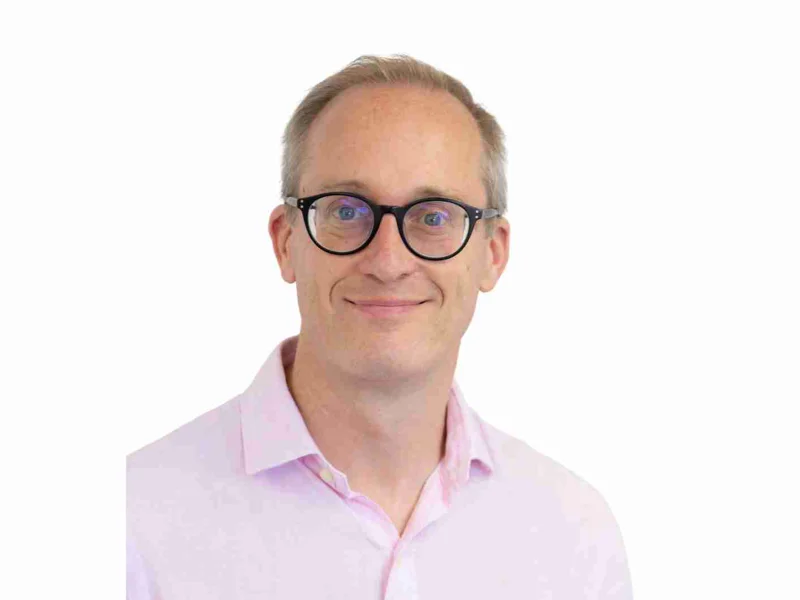
Since 2016, Lewis has been volunteering with the GWCU board. He works for Lloyds Bank developing digital resources for business customers.
Lewis has over 20 years’ experience in large financial organisations. He successfully ran and sold his own business.
He feels strongly about supporting communities, promoting financial inclusion, and enabling people to access fair finance solutions. Living these values what led him to join the GWCU board.
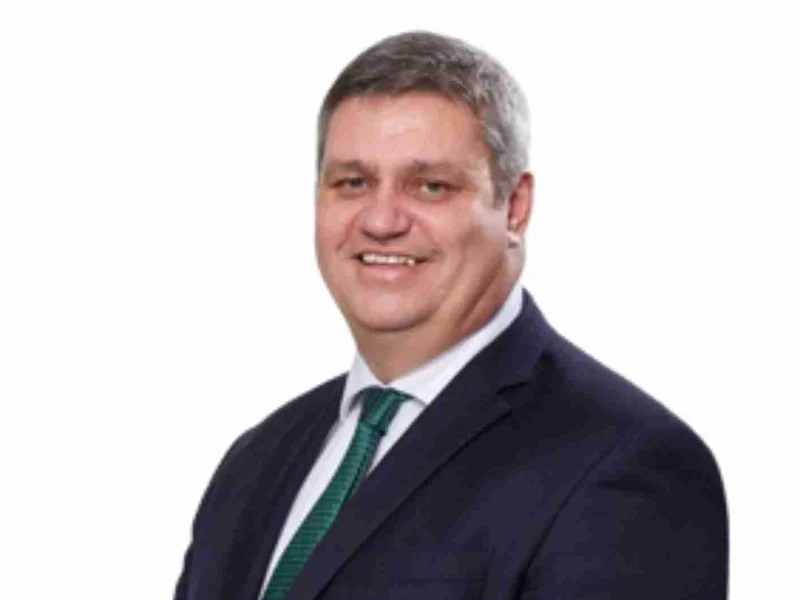
Paul has been on the GWCU board since 2023. He currently works for British Business Bank. His role focuses on delivering regional funding across the South West and nationally.
He has worked in banking and finance for over 35 years. His career has led him to work in various roles in global institutions. His most recent role was as a director of Lloyds Bank. Paul is a highly regarded coach and mentor. He is an MBA graduate from Warwick Business School.
Volunteering is important to Paul, and he has been an advisor to many boards and charities over the years. He is motivated to improve social mobility and inclusion.
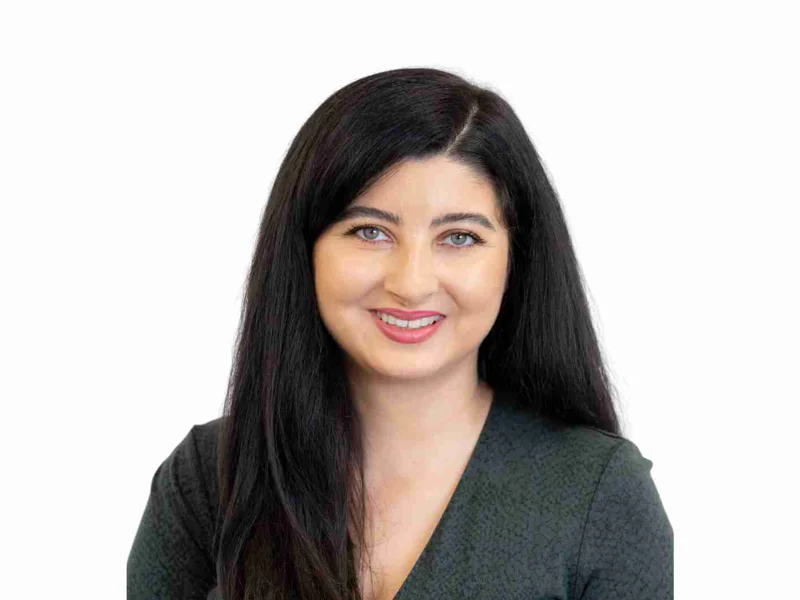
Carmen started volunteering with GWCU in 2025, alongside her other volunteering responsibilities and career. She is currently a Senior Business Analyst at PoloWorks and is a Non-Executive Director at Babbasa, aiding young professionals from underrepresented backgrounds.
Throughout her career, Carmen has prioritised roles within financial services. She has a strong grasp of regulatory compliance which is ideal for GWCU.
Her values are rooted in civil rights, social action, and economic empowerment. As a committed board member for GWCU, Carmen can create further change in financial inclusion and social impact.
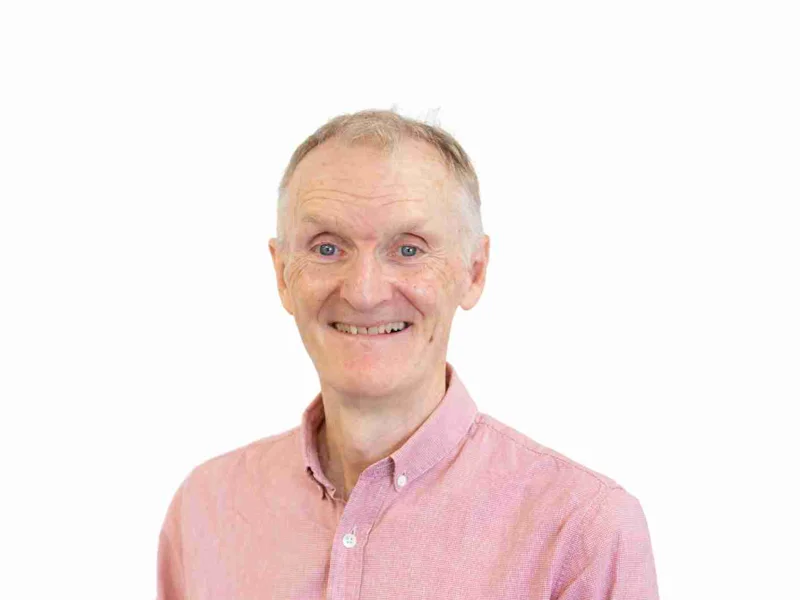
In 2024, Ian retired from a long, successful career in banking and began volunteering for GWCU. His previous role was Managing Director of Commercial Banking at Metro Bank.
Over his career, Ian held many senior and executive roles. These included within retail and business divisions, and financial institutions such as NatWest Group. He brings a wealth of knowledge in risk governance, credit management, and working with regulators.
Ian’s values align closely with those of GWCU. He fully supports the GWCU mission of improving financial inclusion for those that are traditionally underserved by the mainstream market.
Building stronger communities, together
Our Social Impact Report highlights the difference we’ve made across the South and West counties and how we’re continuing to build financial wellbeing, inclusion, and resilience in our communities, together.
How is GWCU different to a bank?
Our members come first
GWCU is not a bank or building society, but we do offer savings accounts and loans.
Banks care a lot about their shareholders. Shareholders invest in the bank and expect to earn money on their investment. Credit unions don’t have shareholders. We have members. Our “profits” go back to our members and local communities. We make a real difference to real people, rather than making rich people even richer.
Since we’re smaller, more ethical, and dedicated to fairness, GWCU can do things differently. We offer competitive interest rates for savings and affordable loan repayments. Our work genuinely helps our members with their financial wellbeing, and means they have more money in their pockets.
Our local credit union members
Your community is our community
Findings from our member survey
-
17% of savers are from Black, Asian or ethnic minority backgrounds
-
More than 50% work full-time, part-time, or are self employed
-
59% of savers are aged 55 and above
-
59% of savers liked the idea of their savings helping local people
-
15% of borrowers are from Black, Asian or ethnic minority backgrounds
-
37% of borrowers are single parents
-
30% of borrowers describe themselves as having a disability
-
Almost 90% of borrowers rent their home
The history of GWCU
A legacy of cooperative finance
For almost 30 years we have supported local people and local businesses with loans and savings.
There have been mergers and name changes along the way. In 2021 we became Great Western Credit Union and the largest credit union in the region.
Over the years we have lent money to thousands of local people when they needed it. Thousands more have trusted us to keep their money safe in savings accounts and ISAs.
With realistic loan repayments and savings programmes, we have actively improved our members’ financial wellbeing. Our members feel less stressed and more confident in managing their money.
GWCU is a fair, inclusive financial institution. We’re proud of our history of helping local people.
Loans and savings for local people
Working for the local community
GWCU serves people in Bristol, Bath, Gloucestershire, Wiltshire, Somerset, and Dorset. If you live or work in any of these counties you are eligible to become a GWCU member.
Reinvesting in our local communities is a key GWCU promise.
Keeping your money safe
When you save or borrow with GWCU, your money is:
